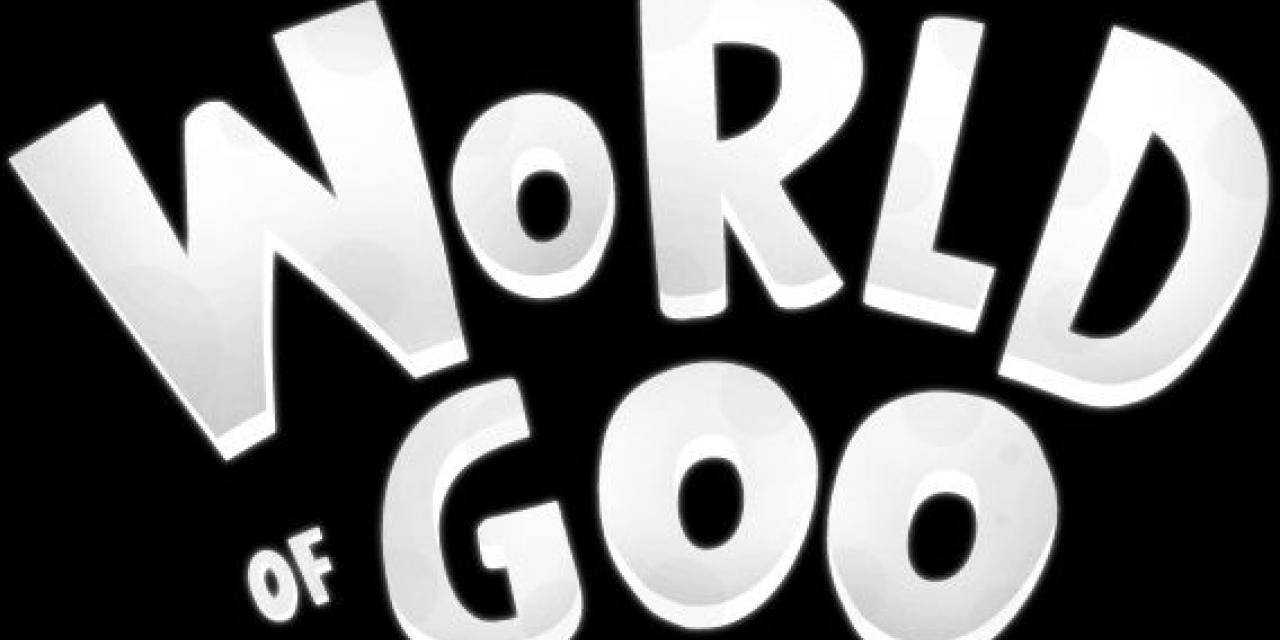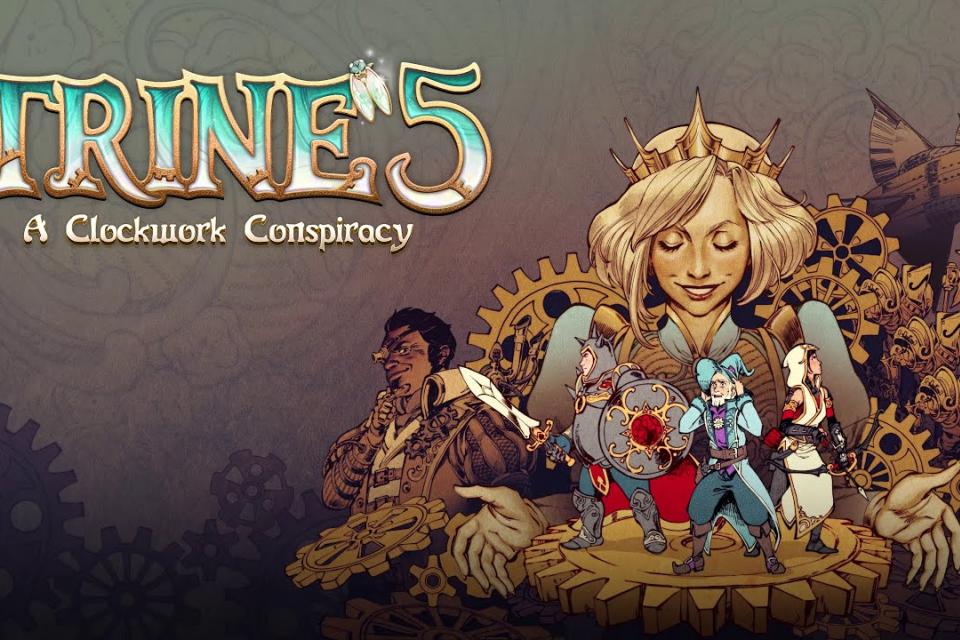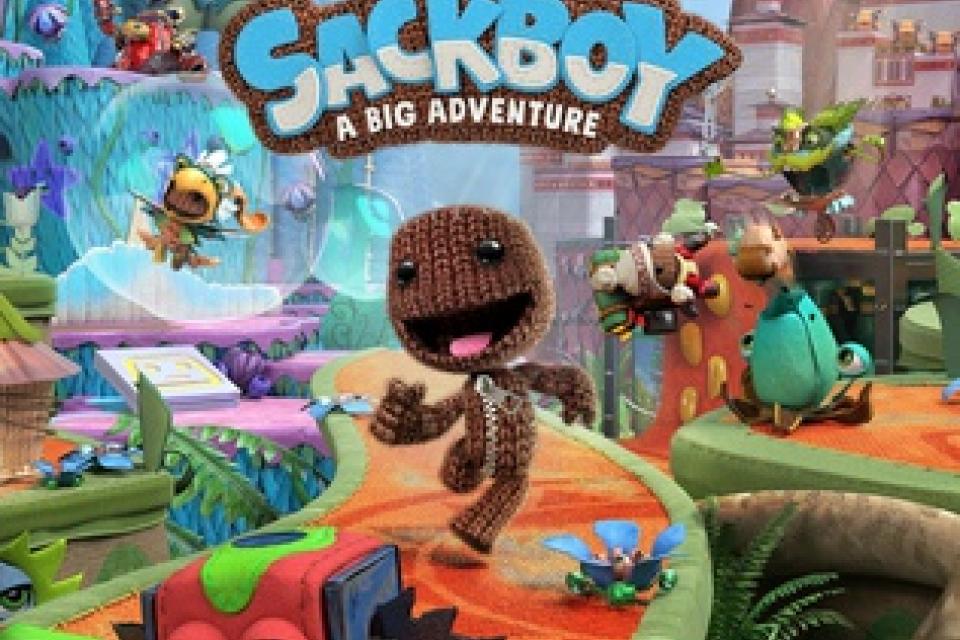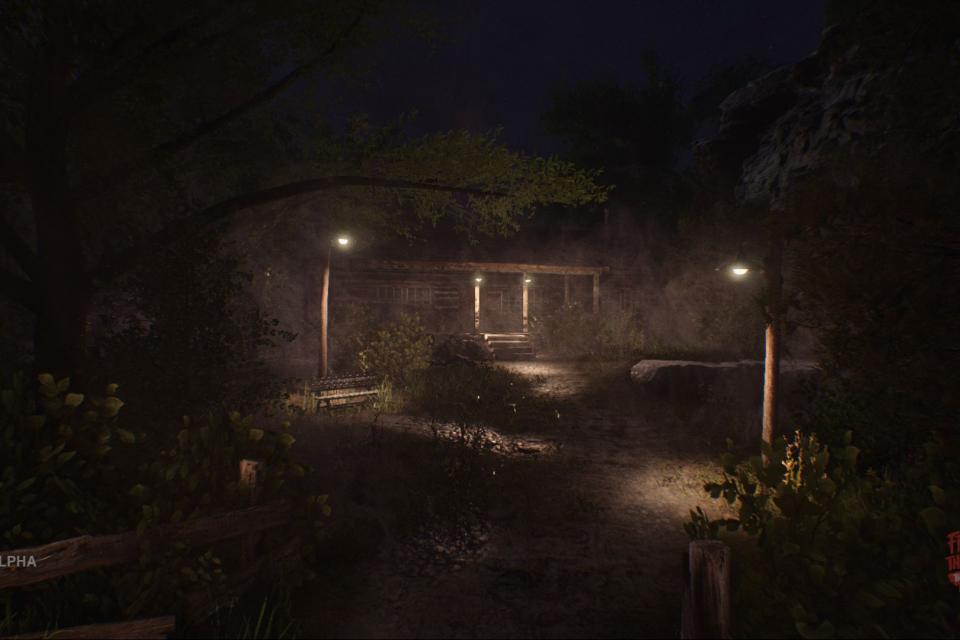
Game developers and publishers are spending large sums of money on DRM schemes that have little to no effect on piracy. 2D Boy co-founder Ron Carmel believes that this doesn't mean that they are losing their battle against piracy; instead publishers are in fact winning their undisclosed battle against second hand game sales.
"Publishers aren't stupid. They know that DRM doesn't work against piracy," he explained. "What they're trying to do is stop people from going to GameStop to buy $50 games for $35, none of which goes into the publishers' pockets."
"If DRM permits only a few installs, that minimizes the number of times a game can be resold."
Speaking about 2D Boy, Carmel said that "DRM is a waste of time and money for us... It takes time to wrap the game in DRM and you have to pay the DRM provider a percentage of your revenue. Not only doesn't it work but, ironically, if your game gets cracked, then the person with the cracked version has a better gaming experience than the person with a legit version who has to enter a registration code to play."
2D Boy's first game, World of Goo, was released in October without any sort of DRM. "People have actually written to tell us how much they appreciate that," Carmel recalled. "Even though they hadn't intended to buy the game, they bought it just to support us. So there's an element of good will involved in not using DRM too."
2D Boy's database showed that players who connected to World of Goo's servers were 10 times more than the number of legitimate licenses sold. "I'm convinced that we lost very few customers because of piracy," Carmel reaffirmed. "People who pirate the game are people who wouldn't have bought it anyway. I don't know anyone who would try to find a cracked version and, if they can't locate one, they say, 'OK, since I can't find it for free, I'm going to go out and buy it.' I just don't think that happens."








